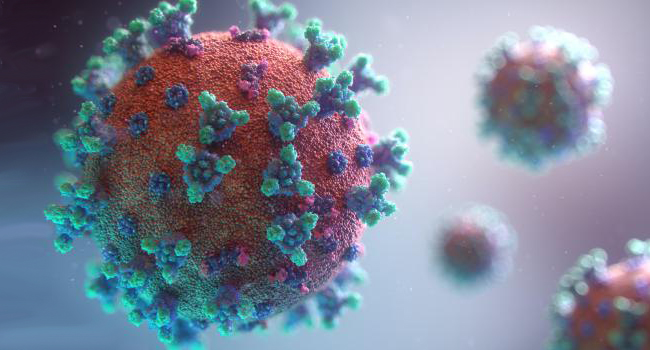
A clinical trial has discovered that a combination of two antibodies can prevent asymptomatic people from progressing to symptomatic, which can reduce the spread of the COVID-19 virus to others.
COVID-19 is a viral illness caused by the SARS-CoV-2 virus that was first identified in Wuhan, China in December 2019. The virus quickly spread around the world, leading to a global pandemic. COVID-19 primarily spreads through respiratory droplets when an infected person talks, coughs, or sneezes. The most common symptoms of COVID-19 include fever, cough, and difficulty breathing, though some people may experience milder or more severe symptoms.
To date, the virus has infected millions of people and has had a significant impact on individuals, communities, and economies worldwide. Vaccines and other preventative measures have been developed to help combat the spread of the virus.
Clinical trial
A clinical trial has found that a combination of two antibodies, called casirivimab and imdevimab, can prevent asymptomatic people from progressing to symptomatic COVID-19. The study included 314 people who had tested positive for COVID-19 within 96 hours of being in contact with someone who had the virus.
Participants were randomly assigned to receive a dose of the antibody combination or a placebo. The results showed that those who received the antibody combination were less likely to develop symptomatic COVID-19 compared to those who received the placebo.
The study found that the combination of antibodies reduced the number of symptomatic weeks per 1000 participants and the number of high viral load weeks per 1000 participants. This means that those who received the antibody combination had fewer symptoms and less virus in their body compared to those who received the placebo.
